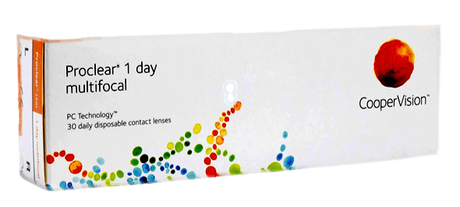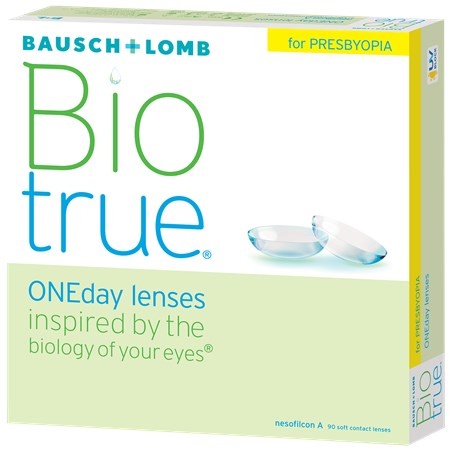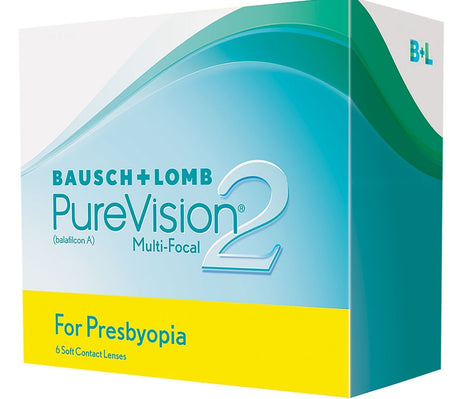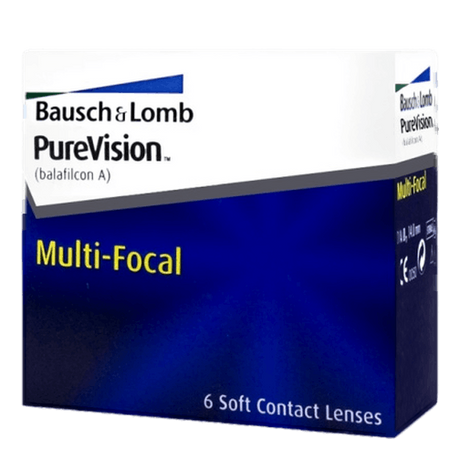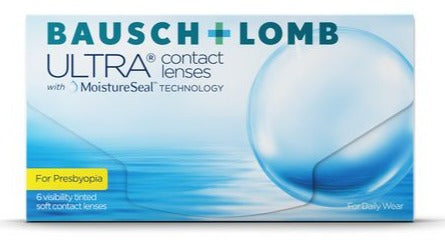What are Progressive Glasses?
Progressive glasses, also known as multifocal glasses, are a type of eyewear that combines three different vision corrections in a single pair of lenses. The upper portions of the lenses are designed for distance vision, the middle for intermediate distances such as computer use, and the lower portion for close-up work like reading.
Progressive lenses differ from bifocal lenses in that they don't have a visible line separating the different powers. Instead, the transition is gradual, providing a more natural visual experience and an aesthetically pleasing appearance.
Who Can Benefit from Progressive Glasses?
Progressive glasses are primarily intended for people over 40 who experience presbyopia, a natural age-related vision change that makes it harder to focus on close-up objects. If you already wear glasses for distance vision and find that you need to hold text farther away to read it clearly, progressive glasses could be a good solution.
Even younger individuals with specific vision needs, such as those who need to correct both near and farsightedness, can benefit from progressive glasses. They eliminate the need to wear multiple pairs of glasses or constantly switch between them.
Advantages of Progressive Glasses
- Convenience: With progressive glasses, you only need one pair of glasses for all distances, rather than wearing multiple pairs or constantly switching between them.
- Natural Visual Experience: The gradual transition between the different powers provides a more natural visual experience compared to bifocal lenses.
- Aesthetically Pleasing: The absence of visible lines on the lenses gives progressive glasses a more discreet and modern appearance.
- Customization: Progressive lenses can be tailored to your individual vision needs and lifestyle.
Choosing the Right Progressive Glasses
When selecting progressive glasses, it's important to work with a qualified optician who can assess your specific vision needs. Factors such as your prescription, pupillary distance, lifestyle, and preferences will be considered when designing your lenses.
There are different types of progressive lenses, from standard designs to premium options with wider fields of vision and faster adaptation. Your optician can help you choose the type that best suits your needs and budget.
Tips for Choosing Progressive Glasses
- Choose an experienced optician who specializes in progressive lenses.
- Take the time to discuss your specific vision needs and lifestyle with the optician.
- Be open to trying different frames and lens materials to find the most comfortable and aesthetically pleasing combination.
- Have realistic expectations - it may take some time to get used to progressive glasses, but most people adapt within a few weeks.
Adapting to Progressive Glasses
When you first start wearing progressive glasses, it may take some time to get used to them. Here are some tips that can help ease the transition:
- Wear your progressive glasses as much as possible to speed up the adaptation process.
- When looking at objects at different distances, turn your head instead of your eyes to utilize the different portions of the lenses.
- When walking up or down stairs or on uneven surfaces, tilt your head slightly downward to look through the lower portion of the lenses.
- Be patient - most people adapt to progressive glasses within a few weeks.
Remember, progressive glasses are an investment in your vision health and quality of life. With the right pair and a little patience, you can enjoy clear vision at all distances and the convenience of only needing one pair of glasses.
Whether you're an experienced contact lens wearer or considering trying contacts for the first time, it's important to prioritize your eye health. Regular eye exams and working with a qualified eye care professional can help you maintain good vision and eye comfort through life's various stages.

